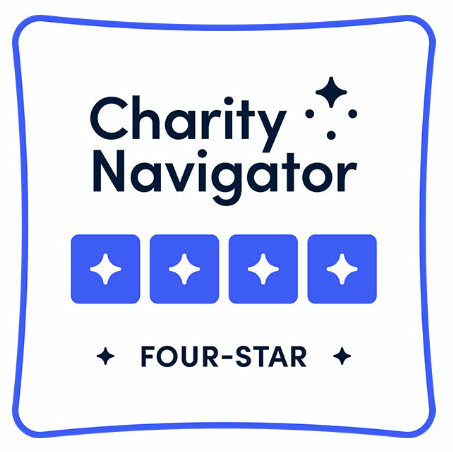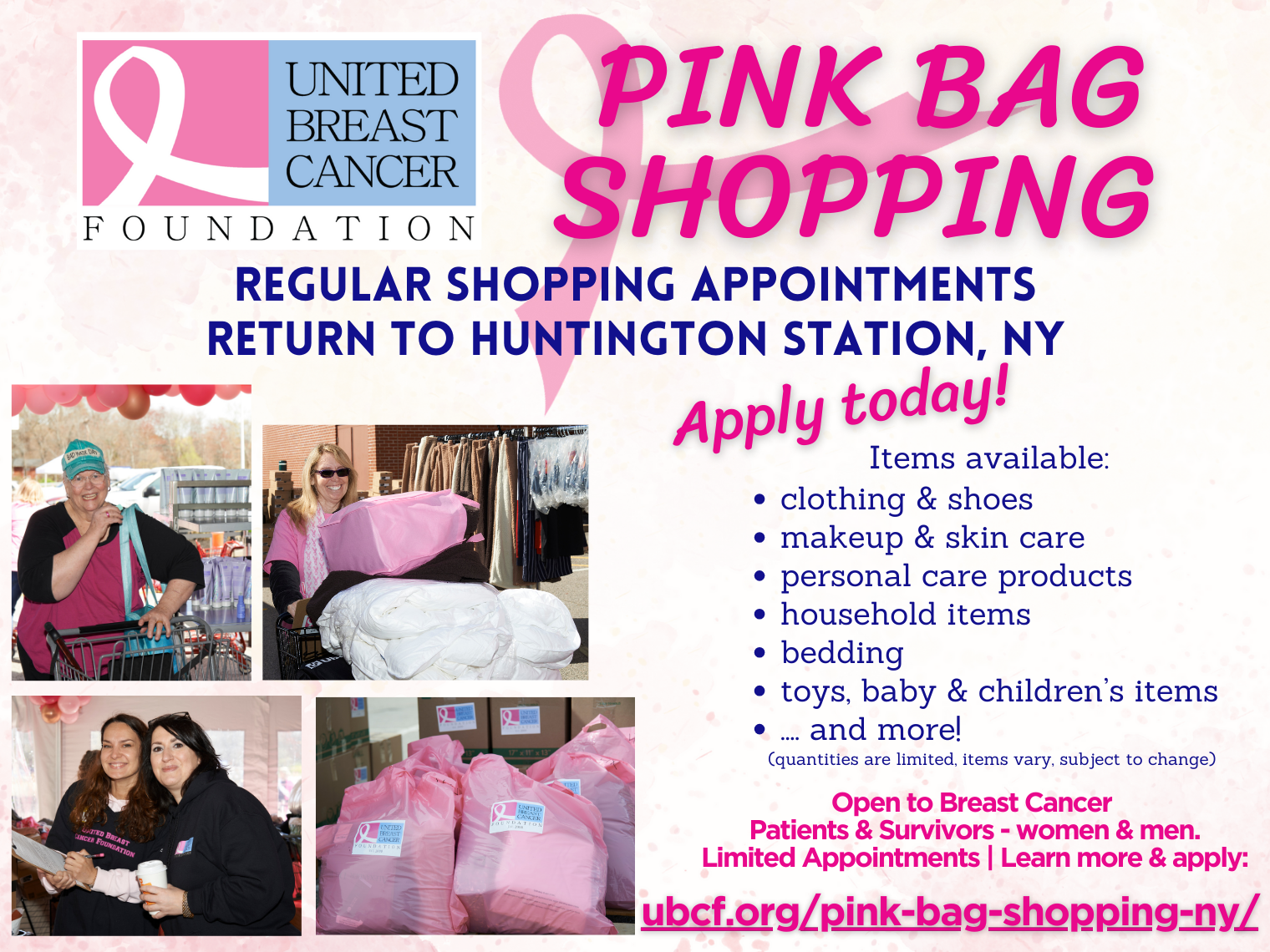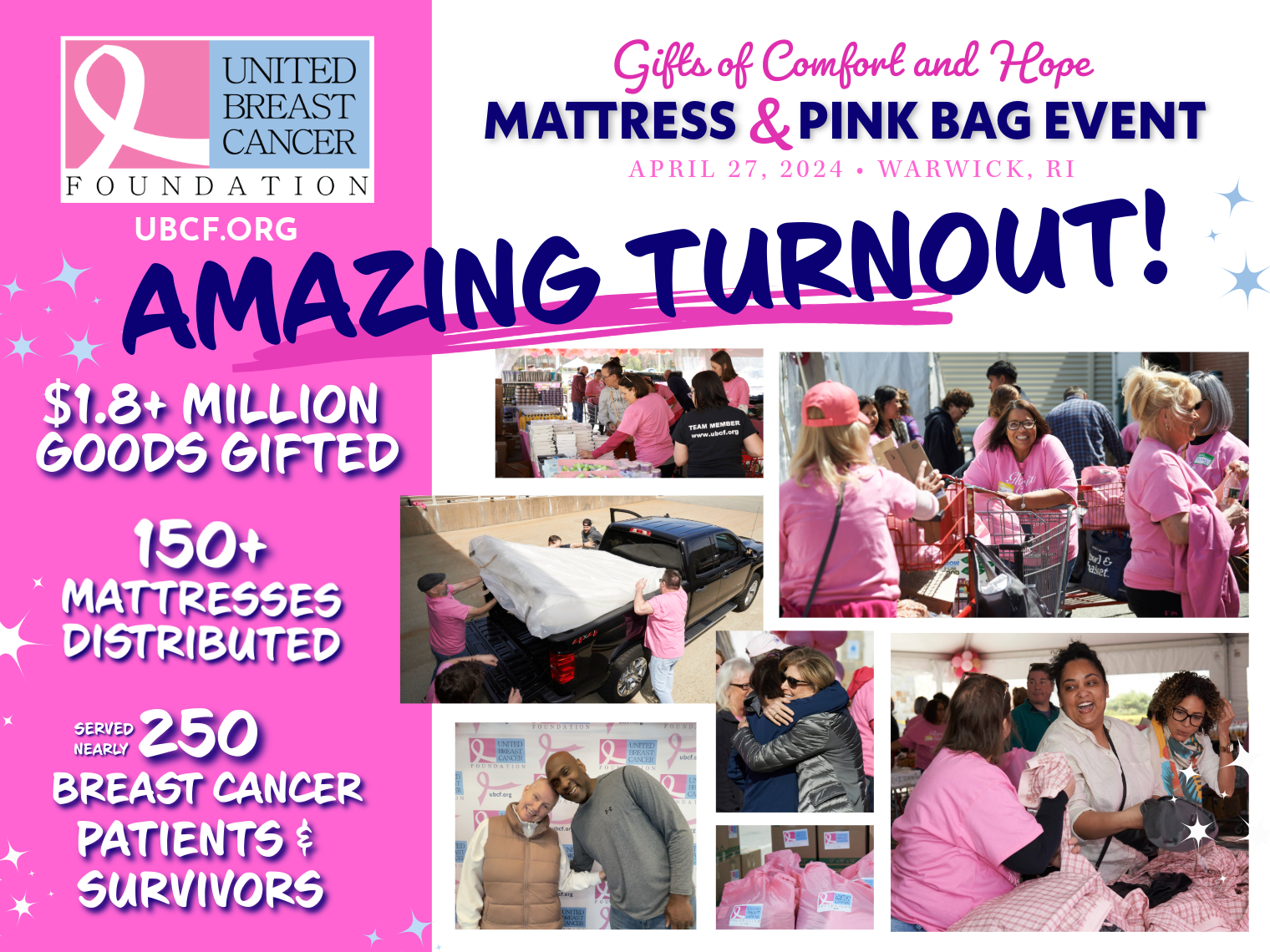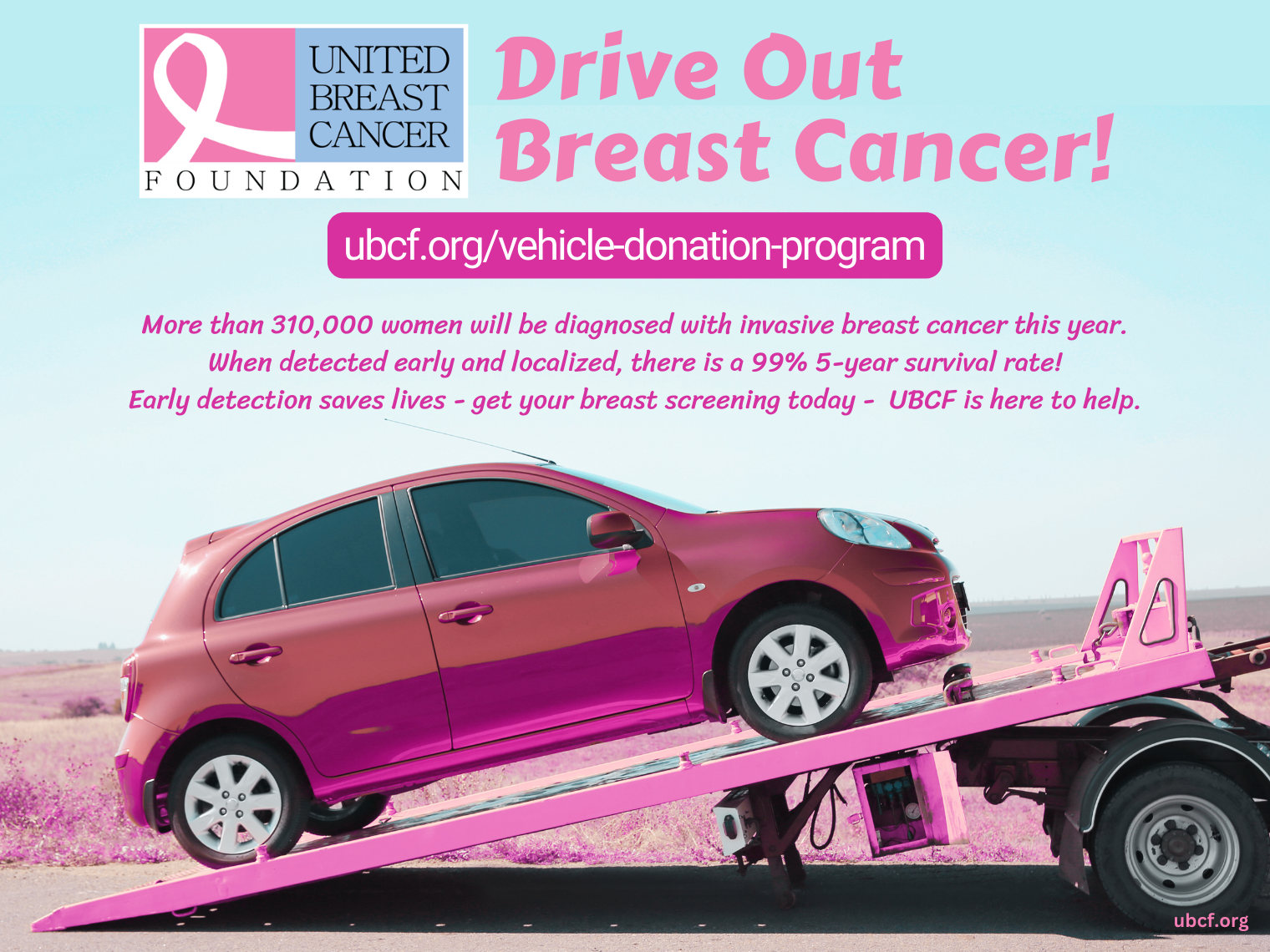The human genome has 24 thousand genes, which are responsible for every activity in the body. Genes are passed from one generation to the next along the genealogical tree. If there’s a defect on gene transfer or a problem in producing a protein from a gene or even an outside factor such as the high intake of a certain kind of food, all can contribute to the increase or decrease of breast cancer risk. Researchers haven’t yet determined one sole cause for breast cancer, but have hypothesized factors that could generate or decrease risks.
A research made by the journal Cancer confirms that 5% to 10% of breast cancers are caused by hereditary factors. The study had 3,506 women who have been diagnosed with breast cancer, found a correlation between having close relatives with prostate cancer and an increased risk of breast cancer. Patients with breast cancer were shown to have 14% higher than average close relatives with prostate cancer. A study in the journal Letters Of Nature found that by understanding gene functions, one could predicts clinical outcome of breast cancer. Genes generate proteins, which dictates body function. Therefore learning more about genes can help understand more about the body and how to treat diseases. Every patient has different genes, as a result there are different onset treatments due to different body responses. Studying the gene the research could go as further to predict when metastases in a long and short term would occur.
Further Researches haven’t gotten too far in order to change the possibility of breast cancer developing from genetic disposition yet, but following a healthy diet and daily exercise has proven to decrease risks. A study in the journal Breast Cancer journal found that hormones, cytokine production and inflammation can cause breast cancer. In fact, omega-3 fatty acids found in fishes, olive oil and beans, is involved in anti-inflammatory response. According to the study, eating omega-3 decreases breast cancer by inducing inflammation to cancerous cells, which stops proliferation.
Proper nutrition and exercise can reduce risks of breast cancer, whether or not genes have an impact. Researches haven’t gone too far in order to change hereditary factors, but based on the nutrition, risks to obtain breast cancer can be reduced. One day, researches can find more causes and cure for breast cancer, today we can only hope. “Food that fight breast cancer” it’s available on the UBCF website and presents other food that can help fight breast cancer.
Omega-3 fatty acids for breast cancer prevention and survivorship
Prostate Cancer Seems to Increase Breast Cancer Risk
Gene expression profiling predicts clinical outcome of breast cancer








